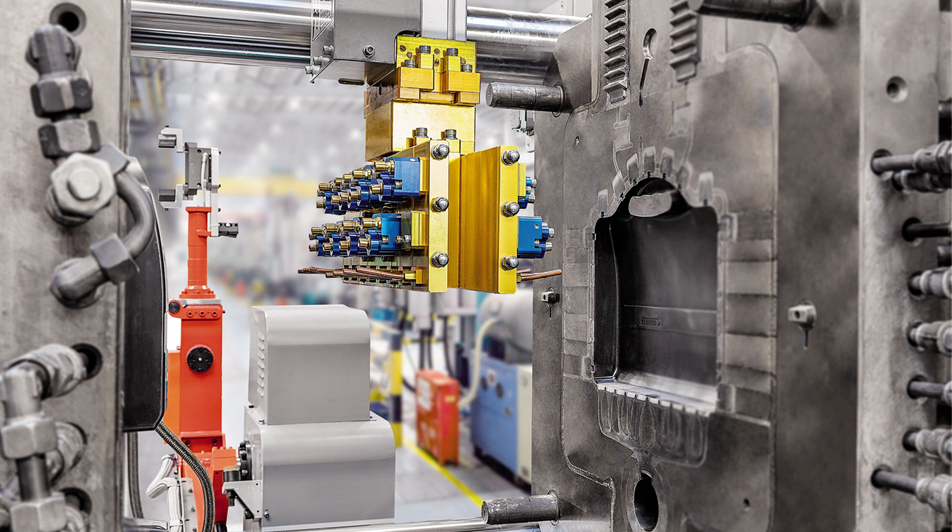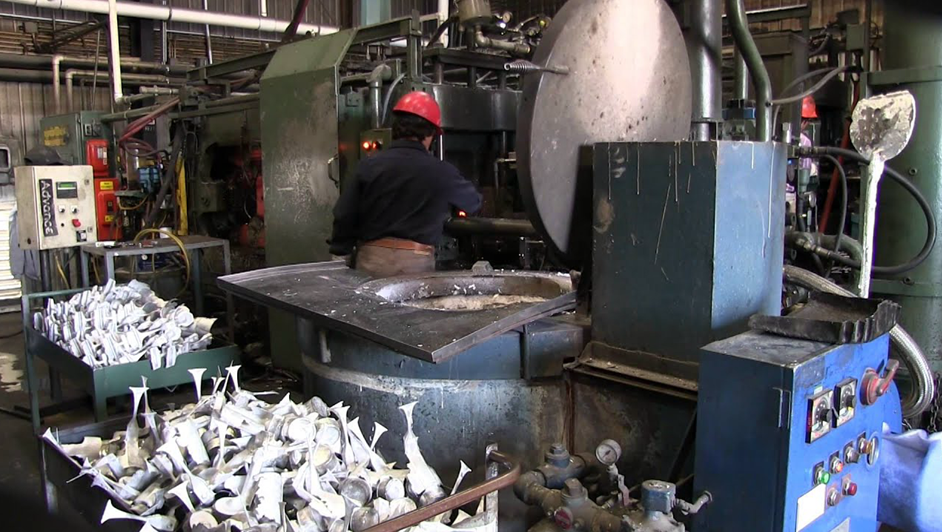Pressure die casting is a manufacturing process used to produce high precision metal parts. It involves pouring molten metal into a mold under high pressure and then allowing it to solidify. The quality of the casting is dependent on several factors including the quality of the mold, the temperature of the metal, and the performance of the die casting machine. However, one factor that is often overlooked but crucial to the success of the process is the use of a coat.
A coat is a material that is applied to the surface of the mold before casting. The purpose of the coat is to facilitate the release of the casting from the mold and prevent defects such as sticking, porosity, and erosion. There are several types of coats available, and they can vary depending on the metal being cast, the type of mold used, and the desired surface finish of the casting.
One of the most common types of coats used in pressure die casting is graphite. Graphite coats are favored for their ability to reduce sticking and improve surface finish. They are particularly useful when casting metals such as aluminum, brass, and magnesium, which have a tendency to stick to the mold. Graphite coats are also effective in preventing the formation of defects such as blisters, pinholes, and cracks.
Another type of coat that is commonly used is ceramic. Ceramic coats are preferred when a high-quality surface finish is required. They are particularly useful for casting metals such as zinc and lead, which are prone to surface defects such as flash and oxide buildup. Ceramic coats are also effective in preventing the formation of erosion and corrosion on the mold surface.

The application of a coat is a critical step in the pressure die casting process. The coat must be applied evenly and consistently to ensure that the casting is released from the mold without defects. This is typically achieved by spraying or brushing the coat onto the mold surface. The thickness of the coat must also be carefully controlled to ensure that it is sufficient to prevent defects but not so thick that it affects the dimensional accuracy of the casting.
In addition to preventing defects, coats also help to extend the life of the mold. The high temperatures and pressures involved in the die casting process can cause significant wear and tear on the mold surface. Coats act as a protective layer, preventing the mold from deteriorating prematurely. This reduces the need for frequent mold repairs or replacements, which can be costly and time-consuming.
In conclusion, the use of a coat is an essential part of the pressure die casting process. It helps to prevent defects, improve surface finish, and extend the life of the mold. The choice of coat will depend on the metal being cast, the type of mold used, and the desired surface finish of the casting. It is important to apply the coat evenly and consistently to ensure that the casting is released from the mold without defects. By paying close attention to the selection and application of coats, manufacturers can improve the quality and efficiency of their die casting operations.

 0086-750-5616188
0086-750-5616188 +86 13392089688
+86 13392089688 sales@zhongmei-tech.com
sales@zhongmei-tech.com













